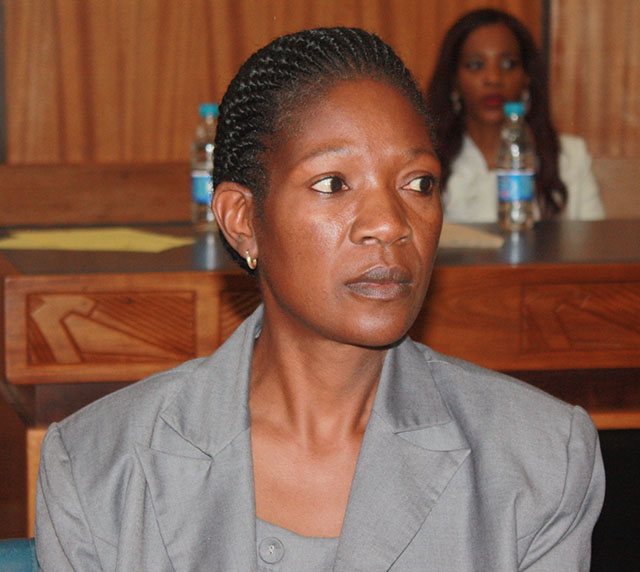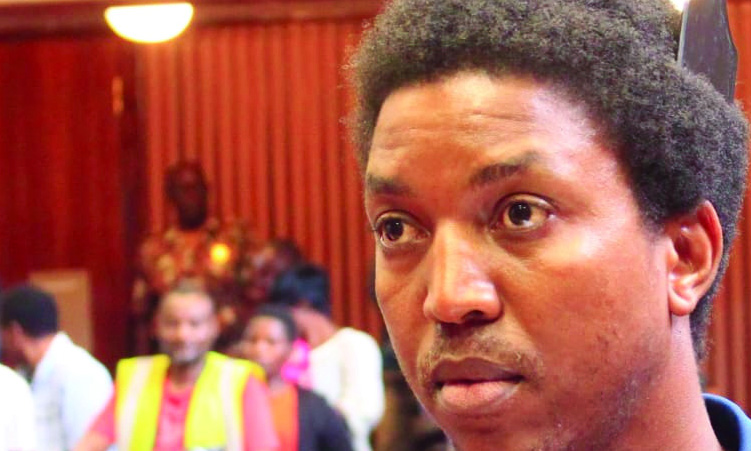THE Walvis Bay municipality tabled a capital budget of N$314 million and an operational budget of N$510 million on Thursday.
According to council management committee chairperson Lilo Niilenge, the total capital budget anticipated to be spent during 2019/20 is N$250 million, with the balance of N$63 million expected to be spent in 2020/21 and beyond.
Land development projects will take up N$107 million, and will run over more than one financial year, said Niilenge.
Of this, N$76 million has been budgeted for the development of the Farm 37 low-cost housing project, while the remaining N$31 million will be for either finalisation or the starting up of other new land development projects.
Other capital project breakdowns include the construction of the Tutaleni fire station and the upgrading of the single quarters, and that of Ekutu stalls (N$46 million); implementation, upgrading and replacement of water and sewer infrastructure, the planning and construction of a new waste water treatment plant and upgrading of the existing pump stations (N$80 million); and acquisition and replacement of vehicles (N$15 million). The remaining N$2 million is set aside for smaller capital projects.
As for the operating budget, Niilenge said the expected revenue for the new financial year is estimated at N$510 million, which is the same for the expected expenditure.
“There is, therefore, no deficit or surplus for the budget under review. It is a requirement from the line ministry that the budget should be balanced, in other words, income and expenditure should correspond, hence no deficit or surplus,” she said.
About 76% of the council’s revenue comes from fees for water and related services, property rates and taxes, refuse removal and sanitation services, which may all see an across-the-board increase of 8%.
The water tariff increase is lower than the 9,8% anticipated adjustment from NamWater.
She said with the fast growth expected of the harbour town, large extensions in infrastructure are necessary which have to be financed from tariffs. Niilenge said the current negative state of the economy locally and worldwide is affecting everyone directly and indirectly.
“We continue to witness how some members of our society are facing retrenchments, a situation that may eventually result in increased rates of unemployment. Job losses lead to people not being able to take care of their families, bills going unpaid, utility tariffs being adjusted upwards, commodity prices being increased, and so the list goes on,” according to her.
She said the ‘interest amnesty period’ is the municipality’s bid to offer financial relief to consumers and residents. This offer will remain in force until 31 May. She advised those in arrears to take advantage of this arrangement and settle their arrears before the deadline, as this will result in the interest on the arrears being waived.
Stay informed with The Namibian – your source for credible journalism. Get in-depth reporting and opinions for
only N$85 a month. Invest in journalism, invest in democracy –
Subscribe Now!






